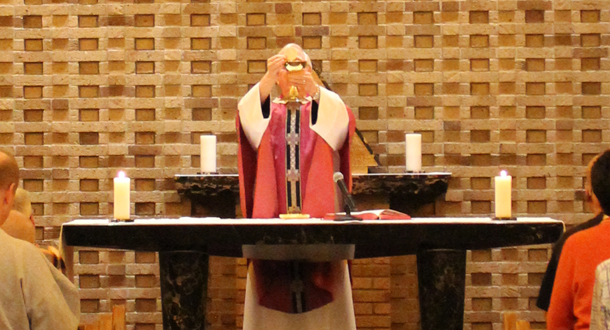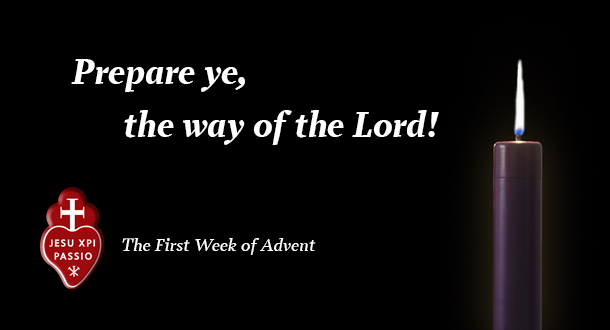
Scripture:
Isaiah 30:19-21,23-26
Matthew 9:35 – 10:2,5,6-8
Reflection:
Faith, Life, Love … Treasured and Shared
Today’s Advent Gospel presents a touching scene: Jesus moves among the towns and villages, teaching, proclaiming the Gospel of the Kingdom, curing disease and illness. To underscore just how personally involved Jesus was in this ministry, Matthew writes that Jesus’ “…heart was moved with pity for them because they were troubled and abandoned, like sheep without a shepherd.” The troubled, the abandoned, the lonely, the wanderers…Jesus had come into the world as God’s gift to such people — people like us centuries later.
Jesus then spoke to his disciples about the abundant harvest of souls and called them to share his authority and help continue his mission: to proclaim that “the Kingdom of heaven is at hand” and back up the words with action on behalf of those in need. The final words of Jesus cited in today’s Gospel are especially encouraging: “…without cost you have received; without cost you are to give.” God has freely given us faith in Jesus, and this gift is to be freely shared…shared with the same intensity that “moved” Jesus.
The gift of faith is so different than the material gifts that draw our attention this Christmas season. If you give someone a gift of money, you necessarily have less money yourself. However, if you give someone the gift of faith, you not only do not have less — but you really have more! To grow in our Christian life, we must share our faith with others…families, coworkers, neighbors, even the “stranger” we meet while holiday shopping. Our words, our good example, our interest in people – rising from our faith — speak volumes and make real the person of Jesus who loves us all unconditionally. Faith shared is faith on-the-grow.
Advent is a time of hope, of anticipation, growth, and celebration – the gift of Jesus’ life and love are so real these days as Advent moves us to the celebration of Christmas! May we make Jesus’ clarion call our own: the Kingdom is at hand! May we be faith-moved to greater care for our sisters and brothers, especially those in special need.
Fr. John Schork, C.P. is the Vocation Director for Holy Cross Province. He lives at St. Vincent Strambi Community in Chicago, Illinois.







